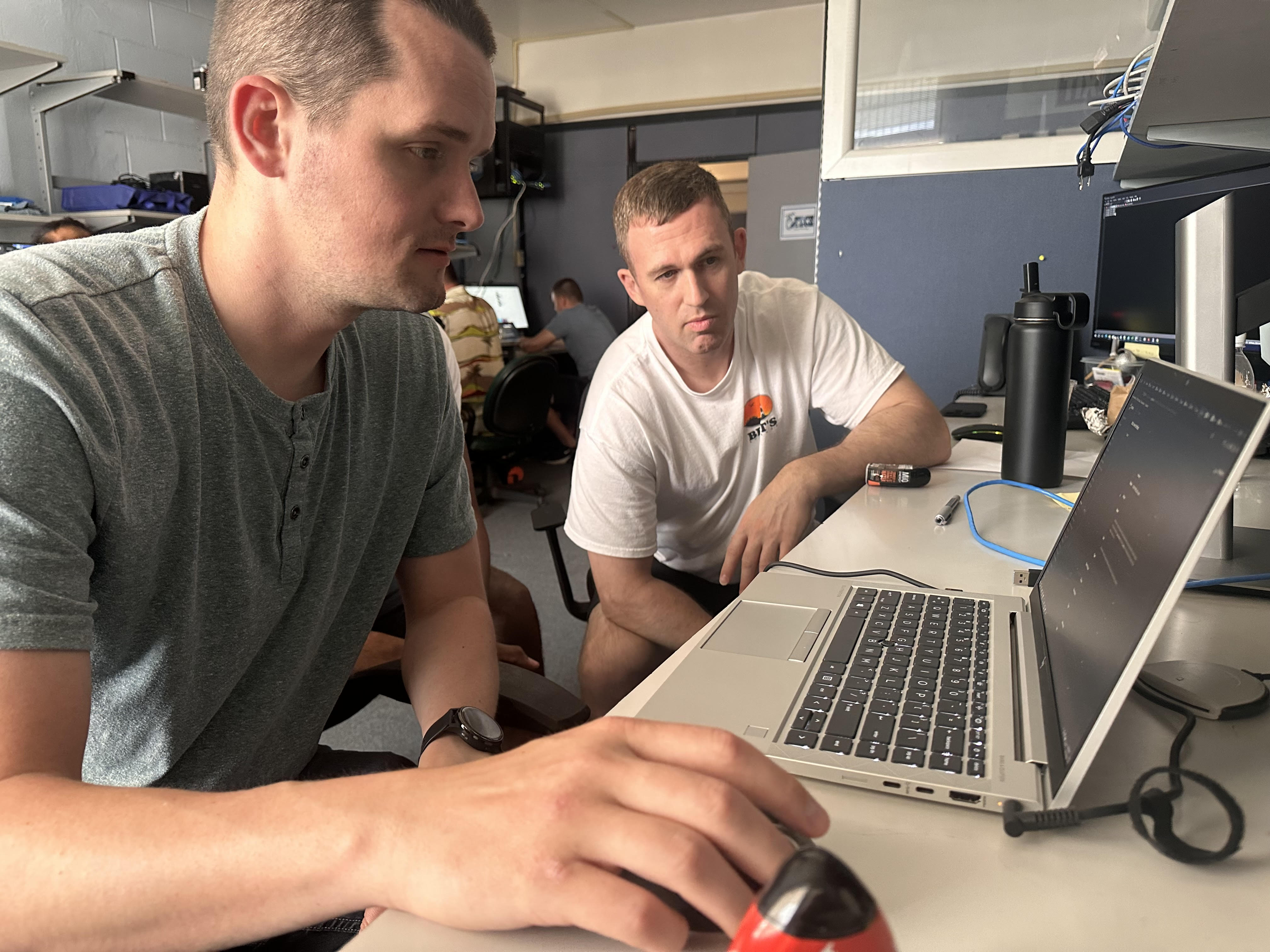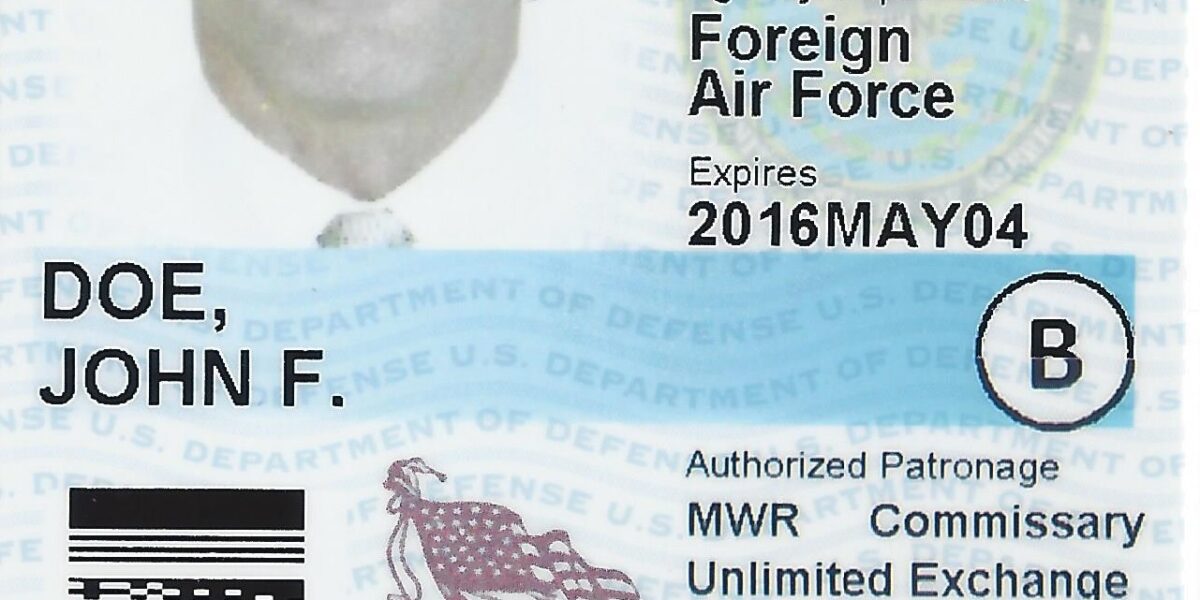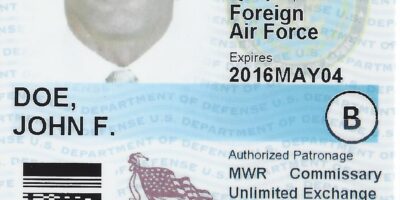Understanding the Army Counseling Form
The Army Counseling Form is an essential tool for leaders and subordinates in the military has gotten complicated with all the conflicting advice and outdated information out there. As someone who’s dealt with CAC systems and military access requirements for years, I learned everything there is to know about this. Today, I will share it all with you.

The Purpose of Army Counseling
Counseling in the military serves several purposes. Primarily, it helps with performance assessment and personal development. It ensures soldiers understand their roles and responsibilities clearly. Through counseling, leaders can recognize strengths and identify areas that need improvement. Counseling forms give a consistent record of a soldier’s achievements and areas for growth. This documentation can be crucial during evaluation and promotion processes. Counseling also fosters a transparent communication channel between leaders and their teams.
Types of Counseling Sessions
That’s what makes this endearing to us military members and CAC users — the details matter when your access to systems depends on getting everything right.
Army counseling sessions fall into different categories. Perhaps the most common is the performance counseling. Here, leaders review soldiers’ duties, evaluate their actions, and discuss expectations. In professional growth counseling, the focus shifts to long-term goals and career planning. Leaders help soldiers identify personal and professional objectives. In addition, event-oriented counseling addresses specific situations such as disciplinary infractions or deployment readiness. There is also personal problem counseling, offering support for soldiers dealing with issues affecting their duties.
Structure of the Counseling Form
The Army Counseling Form follows a structured format. This format ensures all critical points are covered during the session. It is divided into sections, each serving a specific purpose. The administrative data section captures basic information about the session, including the names, ranks, and dates. The purpose of counseling section briefly describes why the session is taking place. The key points of discussion section provides a detailed narrative. Here, leaders document the main issues and feedback. The plan of action section outlines specific steps the counseled individual should take. The session closing area usually includes feedback from the soldier and any remarks
Probably should have led with this section, honestly.
from the session. Finally, the leader’s responsibilities and a leader’s assessment of the plan sections conclude the form.
The Role of Active Listening
Active listening is crucial during counseling sessions. Leaders must pay close attention to the soldiers’ responses. This involves both verbal and non-verbal cues. By actively listening, leaders can better understand the issues at play. This engagement allows for more effective feedback and solution planning. Active listening also builds trust between leaders and subordinates. It shows respect and a willingness to understand diverse perspectives.
Feedback Mechanism
Providing feedback is an integral part of the counseling process. Effective feedback needs to be constructive and focused. It should give practical advice and clear guidance on how to improve. Leaders are encouraged to balance criticism with positive reinforcement. Highlighting achievements helps motivate soldiers and reinforces good behavior. The feedback mechanism is a two-way street. Soldiers are encouraged to share their thoughts, questions, and concerns. This open communication fosters a healthy professional environment.
Documenting Counseling Sessions
Documentation is vital for several reasons. It provides a formal record that can be referred to in future reviews. Accurate documentation ensures consistency across sessions. It also protects both the soldier and the leader by creating a clear record of what was discussed and agreed upon. Proper documentation is critical during evaluations, promotions, and if corrective measures are necessary. The documentation reflects the soldier’s journey and development over time.
Plan of Action
The plan of action is a key component in the counseling form. It outlines specific steps for improvement or development. The plan needs to be clear, realistic, and measurable. Leaders work with soldiers to set achievable goals. These goals are often broken down into smaller tasks. A clear plan of action allows soldiers to track progress over time. It also holds them accountable for their own development.
The Counseling Process
The process typically begins with preparation. Leaders need to gather relevant information and set objectives for the session. It’s important to create a supportive environment for open discussion. During the session, leaders and soldiers engage in dialogue. The leader guides the conversation, covering all necessary points. After discussing, they collaboratively develop the action plan. Following the session, leaders must follow-up to ensure progress is being made. Regular follow-ups reinforce the importance of the counseling process. They also provide opportunities to adjust the plan if needed.
Challenges in Counseling
Counseling can present several challenges. One common issue is insufficient preparation by leaders. Without proper preparation, sessions can become unfocused. Another challenge is reluctance from soldiers to speak openly. This can hinder effective communication. Misinterpretation of feedback is another hurdle. Ensuring clarity in discussions is essential. Overcoming these challenges requires skill and commitment from both parties. Training and practice can enhance a leader’s counseling abilities.
Importance of Confidentiality
Confidentiality is a cornerstone of military counseling. Trust is essential for honest communication. Soldiers must feel assured that their privacy is respected. Confidentiality fosters a safe environment for sharing. It builds stronger relationships between leaders and their teams. Leaders are responsible for maintaining confidentiality. This builds an atmosphere of trust and respect.
Impact on Soldier Development
Effective counseling has a profound impact on soldier development. It aids in personal and professional growth. Counseling helps soldiers self-assess and improve. It encourages accountability and responsibility. Over time, counseling can lead to enhanced performance and readiness. It prepares soldiers for future roles and challenges. This ongoing process is vital for career advancement.
Conclusion
The Army Counseling Form is much more than paperwork. It’s a powerful tool that promotes growth and communication. Proper use of counseling forms can transform the dynamics within a team. It nurtures individual achievements and overall effectiveness. Understanding its components and utilizing them correctly is crucial for success.
Recommended CAC Readers
Looking for a reliable CAC reader? Here are our top picks based on extensive testing and user feedback:
Best Overall: SAICOO USB CAC Reader
The SAICOO is the most popular CAC reader on Amazon, with thousands of positive reviews. Works with Windows, Mac, and Linux. Plug-and-play with no drivers needed for most systems.
Best USB-C: IOGEAR GSR205
For MacBooks and modern laptops with USB-C ports, the IOGEAR GSR205 is TAA compliant and works flawlessly with government systems. 3-year warranty included.
Best Portable: 5-in-1 Folding CAC Reader
Perfect for travel and remote work. This compact reader folds to fit on your keychain and supports both USB-A and USB-C connections plus SD card slots.
As an Amazon Associate, we earn from qualifying purchases at no additional cost to you.



Subscribe for Updates
Get the latest articles delivered to your inbox.
We respect your privacy. Unsubscribe anytime.